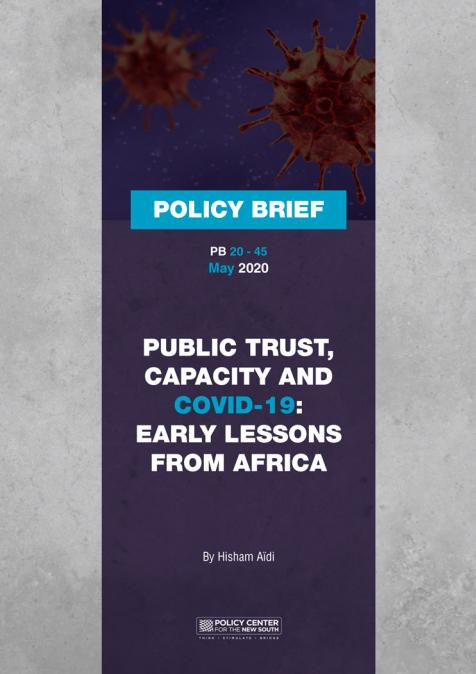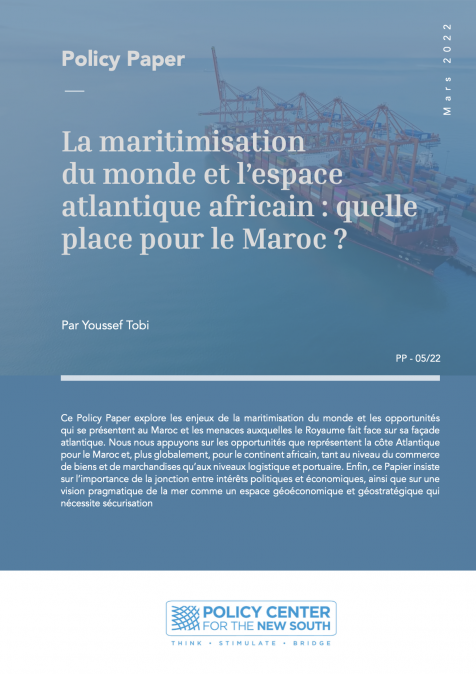Publications /
Policy Brief
Analysts are trying to understand why the COVID-19 pandemic is progressing in Africa at a much slower rate than expected. According to one report, the continent had by the beginning of May seen 37,000 infection cases and 1600 fatalities, compared to the rest of the world, which has 3.2 million cases and 228,000 deaths1. Various explanations have been proffered to explain this disparity: Africa’s warm climate, the youthfulness of the continent’s population (60% of the population is under 25 years old), the relative economic isolation of many African countries. Yet, knowing that we are still in the early phase of the pandemic, credit should also be given to certain African states and to the African Union for their handling of this health crisis.
African states were among the earliest to implement lockdowns. South Africa put in a place a sweeping lockdown before a single case of COVID-19 was confirmed within its borders. Nigeria began screening passengers at airports in February. Rwanda closed its borders in mid-March. People in Senegal and Uganda began wearing masks before the U.S. and European states, with their health ministries carrying out extensive contact tracing. Senegal pioneered a method of producing free masks using a 3D printing machine. In Ghana, the locally-produced ‘Veronica’ bucket, a plastic container with a tap, allows people to collect water to wash their hands in the absence of running water. It is now being used across West Africa. South Africa has managed to flatten its infection curve and is moving to relax lockdown restrictions, while the U.S. and United Kingdom are still struggling to contain surging infections.










